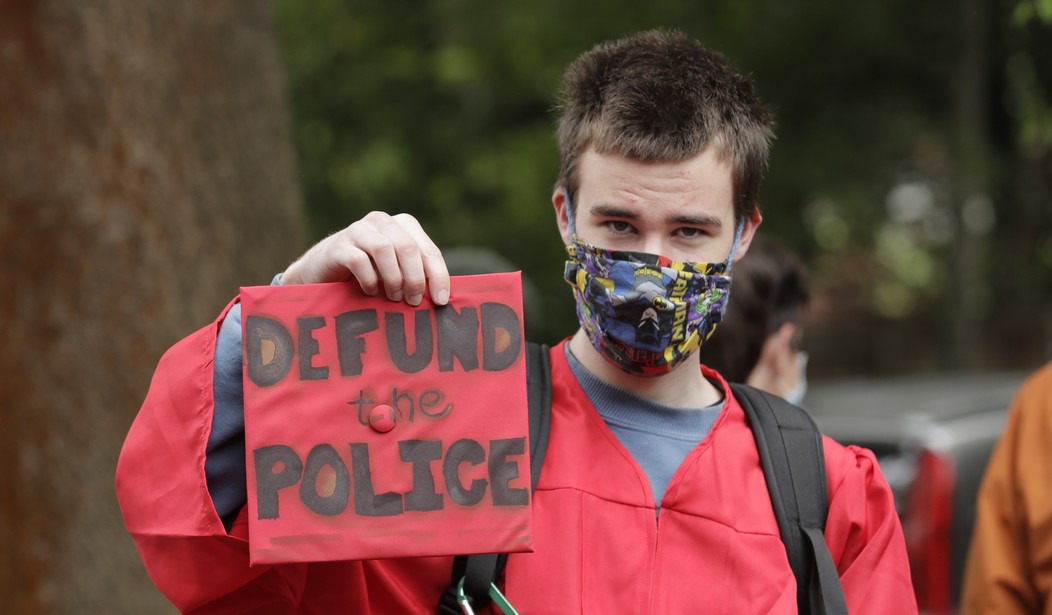We’ve seen this dynamic play out in Minneapolis. Progressives were eager to cut funds to the police and did so. Then a few months later, with violent crime unexpectedly on the rise, they suddenly realize they need to hire new officers. One story is an anecdote but when the same thing happens in several cities around the country, you begin to see a pattern. Yesterday the Wall Street Journal highlighted that pattern by looking at events in several other cities.
In Baltimore, Mayor Brandon Scott took office in December after campaigning on a promise to reimagine the police department. Last year, as city council president, he successfully championed an effort to reduce the proposed police budget at the time by $22.4 million, which he and other council members wanted to spend on social services.
A few months into his first term, he proposed a $27 million increase.
Mayor Scott says he still plans to reduce the police budget over time but said he’s worried about rushing the cuts in ways that would fuel critics. It may be too late to avoid that. One of Mayor Scott’s critics is Gov. Hogan and for good reason. Homicides are up in Baltimore. There have been 107 murders so far this year compared to 98 at the same point last year.
A similar reassessment of defunding the police has taken place in Oakland. Oakland cut $14 million from the police budget last year, followed by another $15 million because of a budget crisis. Police cut funds for a team aimed at reducing gang violence. Police Chief LeRonne Armstrong said, “What’s missing in the defunding conversation is our city is facing a huge increase in violent crime.” And the numbers back him up on that.
- 41 homicides compared 13 homicides at the same time last year (215% increase)
- 159 shootings compared to 79 at the same time last year (101% increase)
- 149 carjackings compared to 57 at the same time last year (161% increase)
- 340 robberies compared to 226 at the same time last year (50% increase)
On April 12, the City Council voted to restore $10 million in police funding. The Chief is still asking for more.
In New York City, Mayor de Blasio pushed to cut hundreds of millions from the NYPD budget last year (his total was $1 billion though much of that came from moving some funding from one part of the budget to another). You can probably already guess what happened:
From Jan. 1 through May 23 of this year, there were 531 shootings, up from 295 during the same period last year. For the coming fiscal year, Mr. de Blasio is proposing to restore about half of last year’s monetary cuts.
At an April news conference, he said that the initial cuts were a result of his response to the “environment at that moment,” a push by the city council to divert police funding to communities and the financial strain of the pandemic. Mr. de Blasio said the city now has more money due to the federal stimulus package.
Chuck Wexler, the Police Executive Research Forum’s executive director, told the Journal, “The notion that taking away resources is going to improve policing is ridiculous.”
There may be ways to improve policing in some of the ideas activists have presented. Body cameras are a good idea. Sending mental health professionals to deal with non-violent calls from homeless people might be a good idea. But that doesn’t mean you can slash police budgets without consequences. Cities around the country seem to be realizing that. “Defund the police” wasn’t just an awkward slogan it was bad policy with bad results.








Join the conversation as a VIP Member